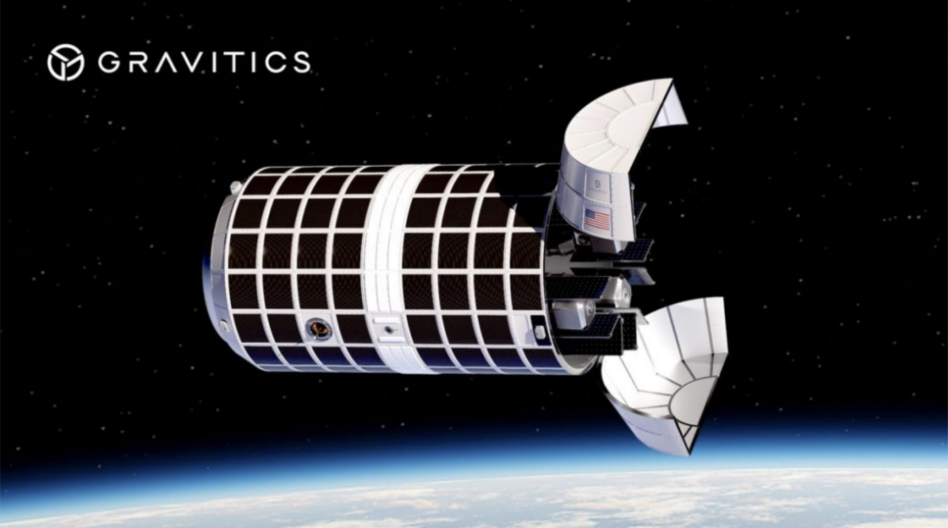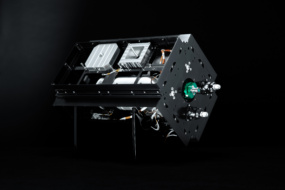Gravitics, the Seattle-based space infrastructure startup, won a Space Force STRATFI contract worth up to $60M to demonstrate its Orbital Carrier, which is capable of pre-positioning military assets in space for tactically responsive deployment.
Gravitics expects to demonstrate Orbital Carrier’s ability to operate in space and deploy assets on orbit as early as next year.
Whatever it takes: The contract is just one piece of an overarching Space Force effort to boost America’s military posture on orbit in response to the increasing capabilities of Russia and China.
“Space superiority is our prime imperative…and we do not yet have the service we need,” Space Force chief Gen. Chance Saltzman said at the AFA Warfare Symposium this month.
While other DoD initiatives have invested in tactically responsive launch capabilities to rapidly replace assets on orbit that were taken offline by adversaries, Orbital Carrier supports a more preemptive approach.
“The analogy on the ocean would be an aircraft carrier. Aircraft carriers pre-position assets that the military wants to have quick access to—near areas of need. Our Orbital Carriers do the same thing,” Colin Doughan, Gravitics’ CEO, told Payload.
Gravitics plans to launch a smaller vehicle for the demonstration, but its future vehicles will have a volume of 60 cubic meters and a cargo launch mass of 5,000-10,000 kg, giving the military ample room to store and deploy a range of assets.
“As the tip of the spear continues to evolve, we still are the right platform to pre-position and rapidly respond,” Doughan said.
Today’ focus is on space-to-space capabilities—i.e. deploying satellites—but down the line the platform could support missile intercept technologies or ground-based logistics missions.
What’s next: The STRATFI contract gives Gravitics the opportunity to demonstrate its hardware on orbit for the first time, and the lessons learned will extend far beyond military applications.
Gravitics’ Orbital Carrier is built using the same technologies that will advance commercial destinations on orbit.
Last year the company won a $125M contract from Axiom Space to provide a pressurized spacecraft to support Axiom’s station operations. The company expects to launch its first commercially-focused spacecraft shortly after the 2026 STRATFI demonstration, and is targeting at least one launch per year after that.





